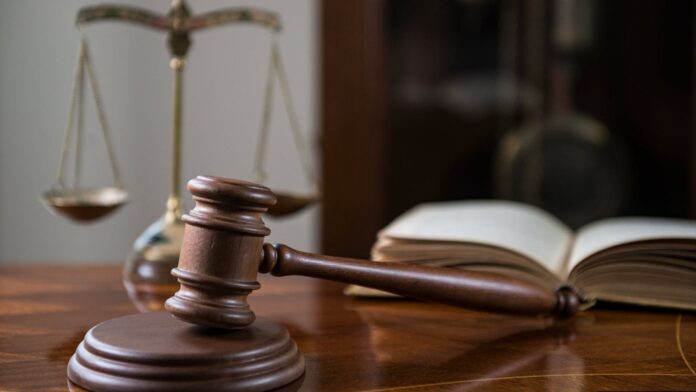BY K RAVEENDRAN
It is not a clamour yet, but there is growing awareness about the need for the judiciary to shed its elitist character. As both Prime Minister Narendra Modi and Supreme Court Chief Justice NV Ramana pointed out last week at the joint conference of chief ministers and high court chief justices, there is a growing disconnect between the courts and the common people as the former go about their business in a language and system that have remained alien to the common man.
There have been calls for ending the practice of drafting laws in a way so as to make those unintelligible and ambiguous, one often wonders whether deliberate or not, which the elites exploit to the brim for their own benefits, while justice remains inaccessible to the vast majority of people. Chief Justice Ramana himself has been an advocate of ‘Indianisation’ of courts. We haven’t yet overcome many of our colonial hangovers, including laws that have ceased to have any relevance, obviously because they belonged to a different age and milieu. But many of our institutions, including the judiciary, continue to embrace them as sacrosanct. Many of the laws are meant for those who have money and clout, which makes the system skewed in favour of the privileged sections of society. Not only are the laws elitist, their application, interpretation and enactment continue to be weighted in favour of the haves rather than the have-nots.
Thankfully, the wigs are off, but the mannerisms, attires, entitlements and privileges, though abolished by statute, linger on. The system of senior advocates, one of the myriad ways of entitlements on the basis of loyalty to the Queen, defies all logic and the worst part is that it has become inheritable. Senior advocates enjoy a kind of clout with the judges that other advocates can only envy and those who have the financial clout to hire the elite counsels have a better chance of winning their case. Some sort of a judicial apartheid exists when it comes to accused belonging to poor and vulnerable sections of the society.
The concept of bail versus jail is a classic example. Courts have from time to time upheld the principle that bail is the rule and jail the exception. But this applies only when it is invoked on behalf of the accused. For a large number of people, sometimes held for minor offences, jail is the rule and bail the exception because they do not have the wherewithal to hire an advocate, let alone a senior. The result is that they languish in jail for years waiting trial. Given that there is a huge backlog of cases pending, not even god knows for how long, their fate is virtually sealed. IPA Service


